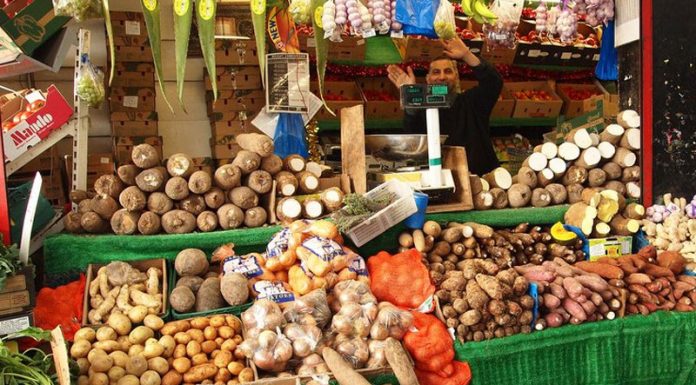This post has already been read 1686 times!
As we draw closer to the end of 2021, the COVID-19 pandemic is still a big concern, and its continuing effects on our food systems remain as real as ever. As more people are threatened with slipping into food insecurity, Africa’s demand for food is growing. In Sub-Saharan Africa, the United Nations (UN) projects population growth to reach 3.8 billion people by 2100.
Emphasis needs to be directed at how digital innovations can address food security. This includes considerations from how our food is produced and handled, to how we can cushion smallholder farmers against post-harvest losses and climate change effects.
Also necessary to consider is how we can enable key players in the value chain to make informed decisions, while boosting nutrition, enriching livelihoods, and improving environmental sustainability around the globe, one step at a time.
Smallholder farmers are key drivers of our food systems in Africa. For instance, more than 80 percent of farmers in Nigeria are smallholder farmers, and their collective output accounts for more than 70 percent of the country’s food.
Across the continent, farmers or farm service providers are beginning to adopt digital technologies to expand capabilities in accessing credit and markets. But there is a need to strengthen their capacity to use digital innovations at a lower cost and to address various issues.
One key role that digital innovation can play in driving unprecedented growth in the sector is its utilization to gather and assess data for Africa’s food systems. This improved data can be used to promote traceability and solve specific needs of farmers. This approach looks beyond the farm to the rest of the food supply chain to ensure there is adequate provision of infrastructures in storage and production to prevent post-harvest losses and reduce waste.
Over the years, lack of quality data in core areas such as logistics, credit services, farmer numbers, land hectares, and consumption level per region, have reduced the opportunities for agricultural interventions that support higher productivity. Utilizing digital innovation to drive data availability can lead to improved agricultural interventions, which align services to specific farmer needs to strengthen food production and improve their livelihoods.
Based on the richness of data insights provided by these innovations, it can enable and inspire transformative actions from governments, the private sector, and key stakeholders to address food outcomes that can affect food production and consumption at scale. This is how we can ensure that people around the world sustainably have access to nutritious food and better livelihoods.
Akinyinka Akintunde is the chief operating officer at AFEX.



